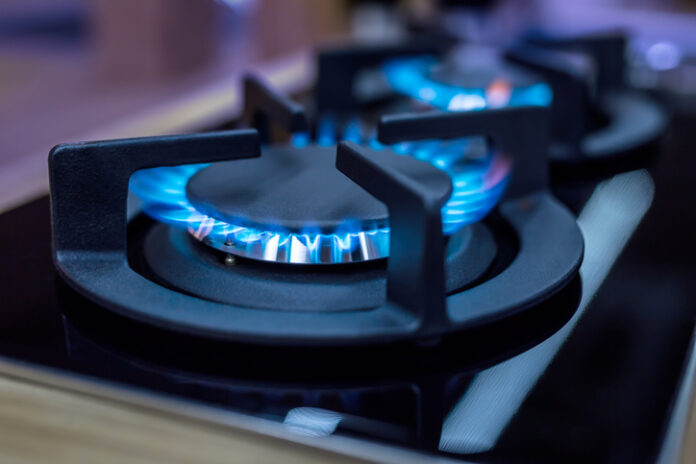The city council of Oakland, California voted unanimously to bar natural gas connections for new residential and commercial buildings in the city. Under the rule property developers or owners can apply for a waiver from the ban based on “technology feasibility reasons.” The ban does not apply to existing buildings, additions to existing buildings, or to accessory buildings attached to existing dwellings.
In July, the Oakland’s city council adopted the 2030 Equitable Climate Action Plan, which requires the city to reduce greenhouse gas emissions 56 percent below 2005 levels by 2030. City Councilman Dan Kalb, the lead author of the city’s new gas ban ordinance, said Oakland could not meet its emission reduction goals unless it banned new natural gas hook-ups.
“Oakland city staff determined that in 2017, 25.8 percent of the city’s greenhouse gas emissions came from buildings — and 70 percent of that came from natural gas combustion,” Kalb told the San Francisco Chronicle, to explain why he felt the ban was necessary.
“Oakland’s national leadership to build a cleaner, safer, and healthier cities for all families continues with this historic transition to all-electric buildings,” Oakland Mayor Libby Schaaf in a statement issued after the ordinance passed.
Berkeley Gas Ban Being Challenged
With its ban on new gas hook-ups, Oakland becomes one of nearly 40 California cities to take such action since Berkeley became the first city in the state to pass a natural gas ban a little more than a year ago.
In an ongoing lawsuit, the California Restaurant Association sued in federal court to overturn Berkeley’s ban in November 2019, arguing it would raise costs and hurt their businesses relative to existing business using natural gas. If Berkeley’s natural gas ban is overturned, other cities restrictions may fall as well.
The various municipal restrictions on new natural gas connections in the state come at a time when California has been attempting to transition away of fossil fuel use and toward renewable power sources for electricity production. The greater reliance on intermittent power sources, lacking a reliable electric power generating source like natural gas as a back-up, has resulted in California being plagued with repeated rolling blackouts and brown-outs in recent years.
Gas Growing Nationwide
California’s natural gas restrictions also comes at a time when the United States as a whole is increasing its use natural gas as a fuel to generate electricity.
Data from the U.S. Energy Information Administration (EIA) shows natural gas increased from 24 percent of electric power generation in 2010 to more than 39 percent in 2019, replacing coal fueled power plants as the largest source of power generation. In addition, the EIA credits the shift from coal to natural gas to generate electricity as the most important reason for the significant decline in the United States greenhouse gas emissions over the same period.
H. Sterling Burnett, Ph.D.(hsburnett@heartland.org)is the managing editor of Environment & Climate News.


























